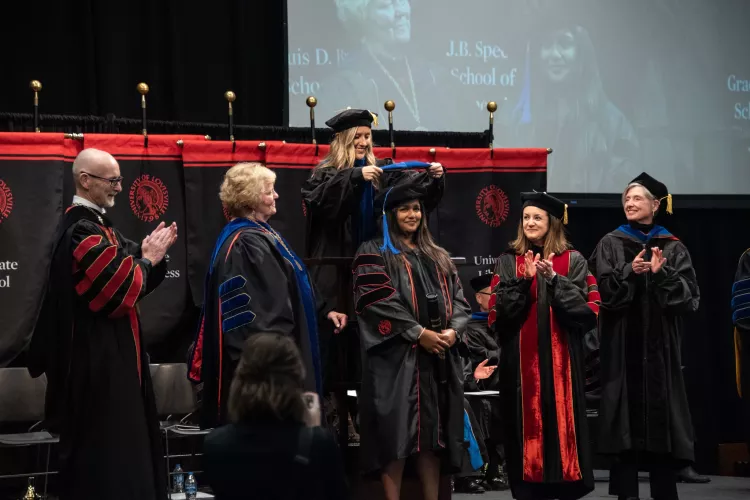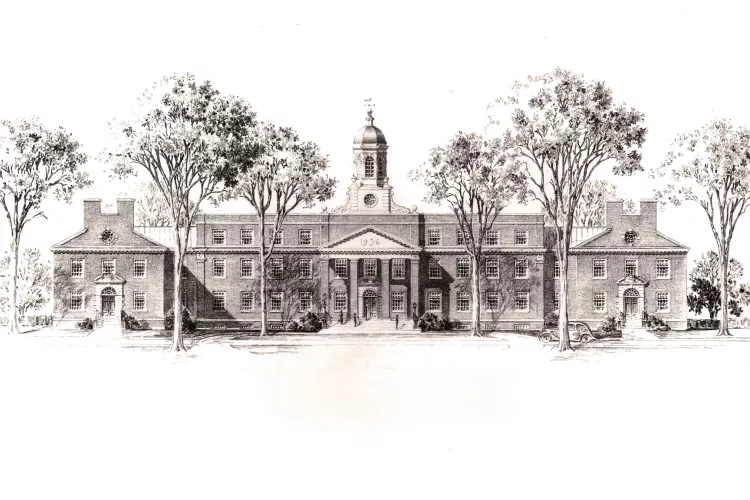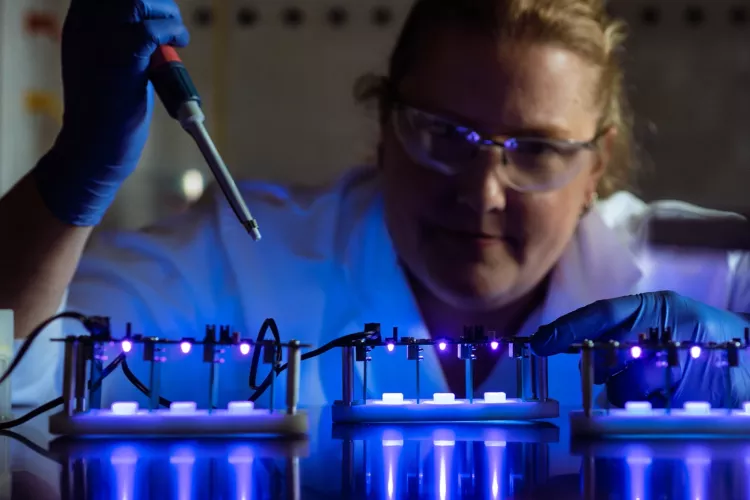Clinical trial at UofL shows cell therapy improves outcomes in heart failure
October 2, 2024A clinical trial conducted at the University of Louisville has shown for the first time that heart failure treatments using cells derived from the patient’s own bone marrow and heart resulted in improved quality of life and reduced major adverse cardiac events for patients after one year.
“This is a very important advance in the field of cell therapy and in the management of heart failure. It suggests that a treatment, given only once, can produce long-term beneficial effects on the quality of life and prognosis of these patients,” said Roberto Bolli, director of the UofL Institute of Molecular Cardiology, who led the study at UofL. “The results pave the way for a larger, Phase 3 trial of cell therapy in heart failure.”
UofL led enrollment among seven institutions participating in CONCERT-HF, a Phase 2 clinical trial testing the safety, feasibility and efficacy of two types of adult cells, used alone and in combination, in patients with heart failure.
CONCERT-HF evaluated the use of two types of cells – autologous mesenchymal stromal cells (MSCs) and c-kit positive cardiac cells (CPCs) – alone or in combination, in patients with heart failure caused by chronic ischemic cardiomyopathy, a decrease in heart pumping effectiveness due to heart attacks and a lack of blood getting to the heart. Autologous MSCs are derived from the patient’s bone marrow and CPCs are from the patient’s heart tissue. Both are known as “autologous” cells because they come from the same patient in whom they are returned for the treatment.
In the study, patients treated with CPC cells alone had a significant reduction in major adverse cardiac events, particularly hospitalization. Patients treated with MSC cells alone and with a combination of both types of cells experienced significantly improved quality of life compared with patients who received no treatment. Quality of life was assessed using patient responses to the Minnesota Living with Heart Failure Questionnaire, which gauges the degree to which physical, emotional and socioeconomic effects of heart failure adversely affect the patient’s life and the extent to which they prevented the patient from living as they wanted to live.
“The results of this trial show for the first time that cell therapy reduces hospitalization for heart failure and improves clinical outcome, providing a cogent rationale for undertaking a pivotal Phase 3 trial” that could be the next step on the pathway to FDA approval, Bolli said.
The results of the CCTRN CONCERT-HF Trial were published in the European Journal of Heart Failure. The Phase 2, randomized, placebo-controlled trial, funded by NIH National Heart, Lung and Blood Institute, was conducted by the Cardiovascular Cell Therapy Research Network, a network of clinical trial researchers involved in cell therapy for heart disease that includes UofL. UofL led enrollment in the study, accounting for 25% of the 125 trial participants.
Bolli’s expertise and long career in successful cardiac research led to the establishment of the CCTRN center at UofL in 2011. This consortium of leading cardiovascular research organizations includes Stanford University, the University of Miami, Indiana University, the Texas Heart Institute, the University of Florida and the Minneapolis Heart Institute Foundation, in addition to UofL. The School of Public Health at the University of Texas Health Science Center at Houston serves as the data coordinating center.
Bolli is a pioneer in research using adult stem cells for cardiac disease. Over the past two decades, he has shown that CPCs are beneficial in many preclinical models of heart failure, thus paving the way for the CONCERT-HF trial. He also led the recent CCTRN SENECA Trial – the first study to show safety and potential efficacy of cell therapy in cancer survivors with heart failure caused by anticancer therapy.
Betty Coffman is a communications coordinator focused on research and innovation at UofL. A UofL alumna and Louisville native, she served as a writer and editor for local and national publications and as an account services coordinator and copywriter for marketing and design firms prior to joining UofL’s Office of Communications and Marketing.
Related News



